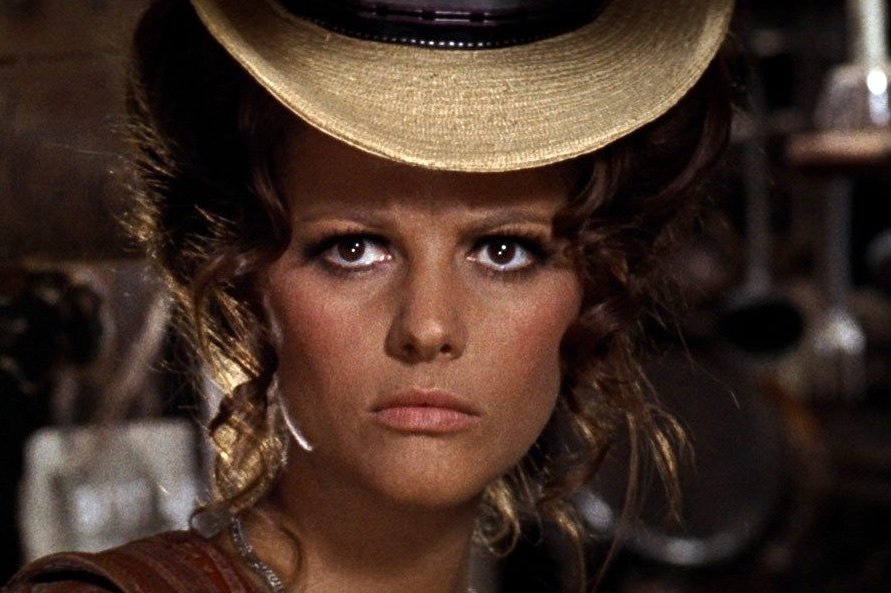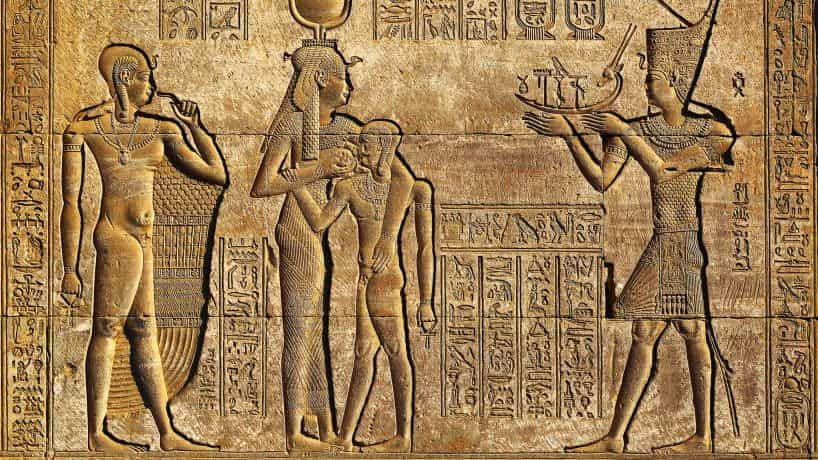
And so it is that both the devil and the angelic spirits present us with objects of desire to awaken our power of choice. --- Rumi
I remember once when I was at school, reading some simplified sci-fi stories. One was dystopian with a schoolboy who runs away from the school where you are under constant observation – the one place they don’t have cameras is the bathroom – only for him to bump into an older student and, for some reason, to trust him and go back where he came from.
By Emad Aysha
That’s the kiddie equivalent of ‘I Love Big Brother,’ the blasted closing lines of George Orwell’s otherwise classic. Watch endless horror and SF movies, like the Resident Evil series, and you always have the evil corporation winning out in the end, forcing you to contend with it in the next sequel. Hence my quip in my review of 2063, an Egyptian dystopian novella by Moataz Hassanian, that dystopia is a kind of ‘luxury’ in Western literature.
We’re living the real thing and have better things to do with our time, not to mention we know just how ineffectual real-life authoritarian regimes are – citing Palestinian author Ibrahim Nasrallah. Orwell’s The Party would never really be that united in real-life, riven by cliques and in-fighting and personal rivalries. The Thought Police would also be inefficient like everything else in Oceania.
Imagine my glee to find the same lessons essentially true of Iraj Fazel Bakhsheshi’s dystopian novella Humans and Skyscrapers (2005). It’s told from the first-person perspective of a first-class citizen in a future world dominated by skyscrapers. Production, research, medical services, education, and living all happen in massive buildings weighted numerically in favor of the middle class over the working-class underlings.
The second class has bad education, names that are purely numerical and don’t identify whether someone is male or female, a privilege the citizens enjoy with their own elongated serial number names. The middle class lives a life of luxury, with food delivered to them precooked three times a day, but they also live in isolation from their blood relatives, have (virtual) robot assistants that spy on them, and have to apply to have kids and a spouse.
Not to mention having to put up with constant medical and psychological tests to see if they’re enjoying themselves or exhibiting antisocial behavior, with endless reports about them made by their colleagues and soon-to-be-spouses.
The narrator develops emotional problems and is put on a special diet to sort his latent anxieties out, only to find a second-class citizen inexplicably interfering with his preconceived meals. At the same time, he also encounters a woman who lives close by and begins to get close to her.
It turns out his special diet has drugs in him to dull his feelings and curiosity, and the man and woman are father and daughter. He hatches a plan to escape with them but is ratted out by his virtual housemate and wakes up the next day with no memories in a new apartment where he can choose what he wears and eats and has access to classic books and works of art.
His superiors were impressed by his leadership skills in his rebellious former life. They promoted him to the privileged upper class, where he learns everything about the story of the skyscrapers. Production was centralized in the distant past to control the labor force better, cutting them off from their counterparts elsewhere – isolation again – and to better determine their breeding habits, education, and upbringing.
Even first-class citizens don’t know that there are other skyscrapers or where the workers come from; illegal immigrants snuck in through the backdoor from the wilderness outside with drugs to dull both groups. At first, everything is okay, and he enjoys his new privileges and duties, then he gets bored and feels unfulfilled, only to rediscover his emotions. He tries to dissuade an immigrant couple from staying together, yet their love for each other keeps them together, and then he finds his long-lost love, and the memories flood back.
They all escape again, and the father of the bride tells him he needs to use his leadership skills to expose the order of the skyscrapers to the world, practically his last act given that his health begins to deteriorate in the unclean air, minus all the vitamin injections and vaccinations he used to get. A happy ending, as I’d hoped but didn’t expect.
The twist at the end took me by surprise. I was reliving that bad story I’d read as a kid when the hero woke up in his new condo apt. Everything seemed so complete and total that you almost lost hope. But love won out in the end, and the system's very nature, too, concentrating knowledge, art, and history at the top, creating a caste of free thinkers.
The imagery is also subtle but inescapable. Leaving the skyscrapers was like Adam being evicted from Heaven for his sin of loving Eve. (Freedom was more important than security). The building he came from specialized in software production, ruling over many other older industrial megacities, a setup like the First and Third World.
Also, the escapees and illegal immigrants live off credit cards from the skyscrapers, paid to shoot each other, fighting over table scraps, and leaving those in power even more in control. The upshot is that the dystopia is not so much exploitation but the deliberate collapsing of the family and offspring not being able to relate to or even stand their elders, not something you’d see in a Western dystopia that takes individualism as the litmus test of freedom.
Absolute freedom, for Arabs and Muslims, is choosing to sacrifice for the family you want for yourself. Love and marriage and, with that, a legacy, passing down the lessons you’ve learned to the next generation.
Check out the hero’s books, inherited from his father in 2063, and the railway to nowhere, taking the hero and his girl to an open-ended future. Not to mention the ‘satisfaction’ tests he had to endure himself and the endless pleasures on display – drugs, alcohol, sex, to distract people from their rights. Not something you’d see in Western SF either, where sex is seen as rebellion. Sex, not love.
If you live in a world of arranged marriages, computerized or otherwise, you think differently. It shows that great minds think alike, and sweet hearts feel like even more!
AUTHOR’S NOTE
Please see Barbara Bakker’s study of 2063 in her article “Egyptian Dystopias of the 21st Century: a New Literary Trend?”, ‘Journal of Arabic and Islamic Studies’, 21 (2021): 79-94. She cites my Levant review of Moataz Hassanien and has published the first chapter of his novella in Italian!






